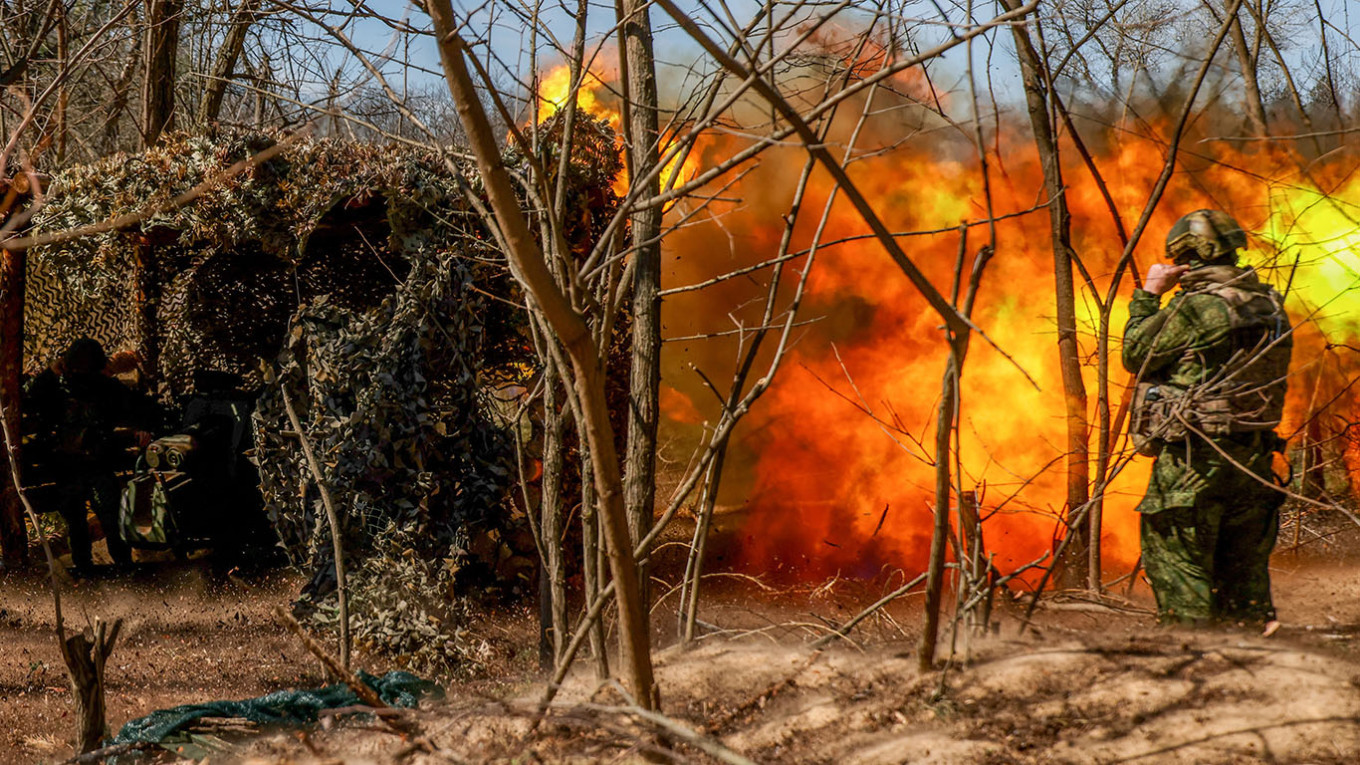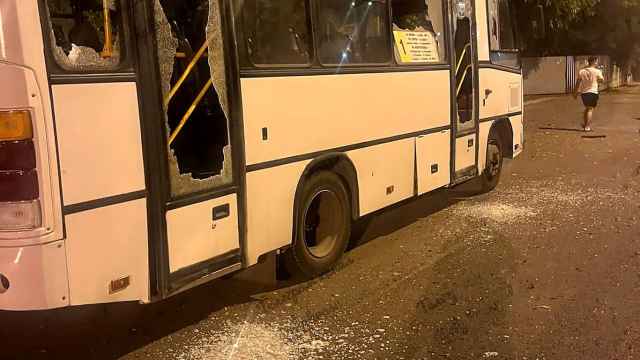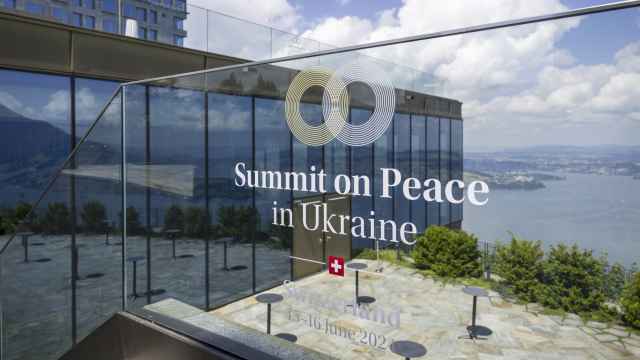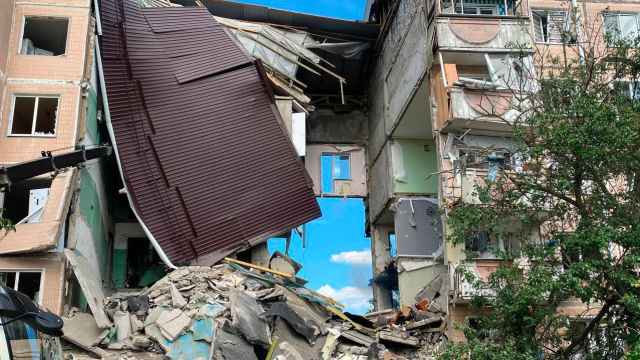The prospect of a temporary ceasefire between Russia and Ukraine, let alone a negotiated end to the war, remains elusive after the second round of direct talks in Istanbul on Monday.
Instead, the Kremlin is demanding sweeping territorial, military and geopolitical concessions from Ukraine and the West while continuing to escalate its offensive along the front lines. And reports indicate that President Vladimir Putin believes he is winning.
By continuing to engage diplomatically without halting military operations, Moscow can claim it is ready for peace while using the battlefield as leverage.
But more than three years since invading Ukraine, does Russia really have the resources to wage war for as long as it takes?
The Moscow Times looks at the current situation on the ground:
Ukrainian military analyst Ivan Stupak said he believes Russian officials are bluffing when they say the country can keep fighting for many years.
“No one can fight for many years. Russia has a lot of resources and a lot of people, but it also has its limits,” Stupak, an adviser to Ukraine's national security committee, told The Moscow Times.
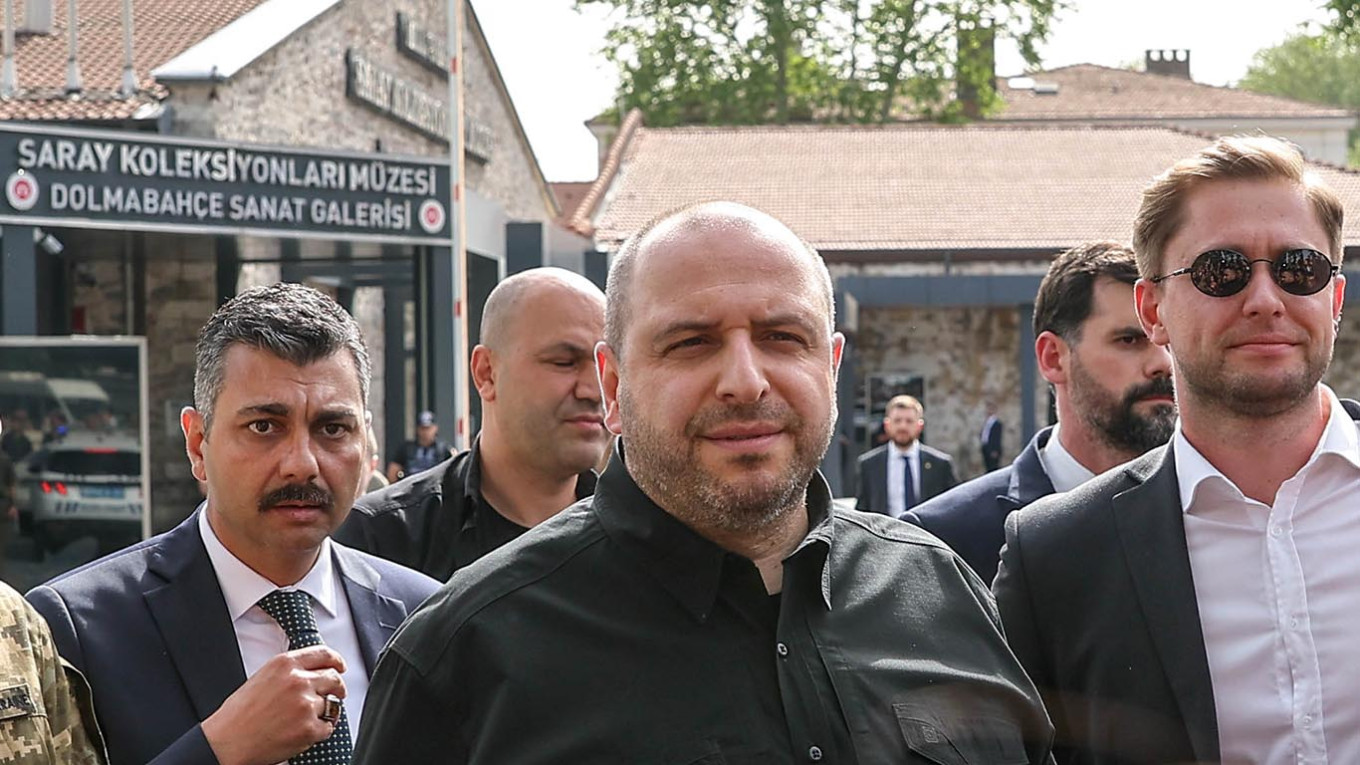
Russian forces have stepped up their offensive in northeastern and eastern Ukraine in recent weeks following Putin’s call to create a "buffer zone" along the Russia-Ukraine border, capturing villages in the Sumy region, advancing in Kharkiv and pushing to encircle the strategic city of Pokrovsk in Donetsk.
The Russian military averaged nearly 184 assaults per day in May, a 19% increase over April, the Ukrainian open-source intelligence group Deep State reported.
According to BBC Russian Service military analyst Pavel Aksyonov, Russia is concentrating forces to strike at weak points in Ukraine’s defenses and break through.
“The Russian army aims to exhaust Ukrainian forces and prevent them from sending reinforcements to critical areas. But capturing the city of Sumy is unlikely. They don’t have enough strength,” Aksyonov told The Moscow Times.
Stupak noted that Ukraine’s military is more vulnerable following prolonged fighting in Russia’s Kursk region, which it withdrew from earlier this year after launching a bold cross-border incursion last summer.
“During the Kursk operation, we took heavy losses of both manpower and equipment. We redeployed many units there, including from the Donetsk region. Now the front in Donetsk is sagging, and Russia is taking advantage. They are now trying to encircle Pokrovsk and Kostiantynivka and are transferring additional forces there,” Stupak said, noting that the front is holding for now.
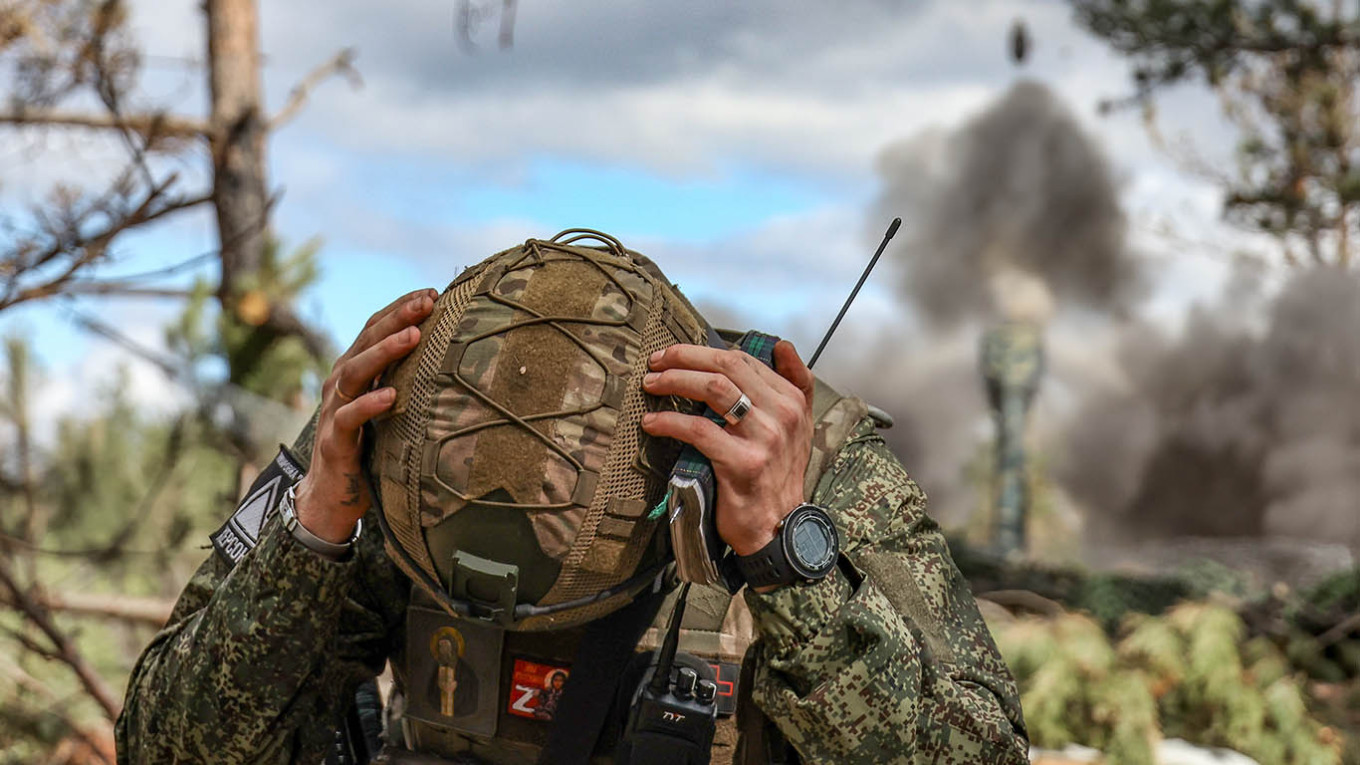
Despite these advances, Western and Ukrainian analysts caution that Russia’s gains may not be sustainable. The Kremlin is reportedly grappling with significant equipment losses and growing logistical strain.
A Pentagon intelligence report cited by The Washington Post estimated that Russia has lost over 10,000 military vehicles, 3,000 tanks and some 250 aircraft since the war began.
The Soviet-era stockpiles of armored vehicles are nearly exhausted, and current tank production, around 200 per year, is unlikely to replenish those losses anytime soon.
There are also signs of strain on the battlefield.
Russian soldiers are increasingly attacking in civilian vehicles, including, as one video circulating on Russian Telegram channels shows, a Porsche Cayenne SUV. These vehicles are often destroyed by Ukrainian drones.
Despite its heavy troop casualties, Russia has managed to sustain its manpower through aggressive recruitment campaigns and by shifting its tactics.
According to military analysts, Moscow has significantly ramped up drone production and is relying heavily on low-cost, high-volume assaults to probe weak points in Ukrainian defenses.
“They’re concentrating forces, deploying drones en masse and targeting Ukrainian logistics before pushing forward,” said Aksyonov.
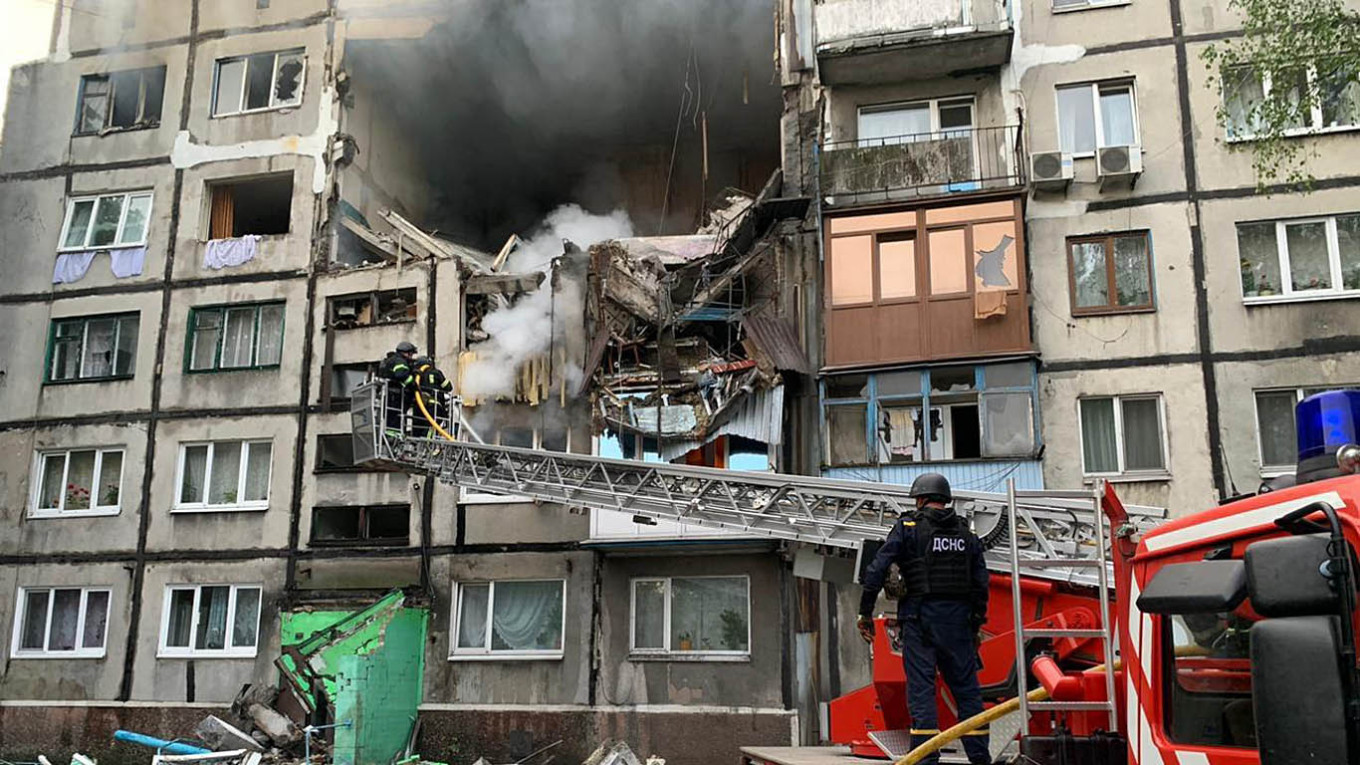
Still, he said, Russia is unlikely to achieve a breakthrough that could decisively turn the tide of the war with its current resources.
According to current estimates, it would take Russia up to three years at its current pace to capture all of Donetsk alone. Taking the remaining regions, analysts say, would require far greater time, resources and bloodshed.
For the Kremlin, however, ideological and political factors outweigh military logic.
“Russia may be low on resources, but that doesn’t change their will to wage war,” said Pavel Luzin, a Russian military expert. “For the Russian government, it’s a matter of survival and legitimacy. Russia desperately needs a pause in the fighting, but it can’t politically afford one. Ukraine isn’t asking for peace at any cost.”
Luzin said Russia is hoping that time and fatigue will work in its favor. If Western military and financial support for Ukraine collapses, or if domestic pressure mounts on Ukrainian President Volodymyr Zelensky to seek peace, Russia could gain the upper hand at the negotiating table.
But while U.S. military aid has indeed slowed, European nations have continued to back Kyiv. And Ukraine is ramping up its own defense industry, increasingly producing weapons domestically, Aksyonov said.
“All these massive attacks on civilians keep happening because the Kremlin is likely waiting for Ukrainians to tire of the war and pressure Zelensky to accept peace at any cost. But that hasn’t happened,” said Stupak.
A Message from The Moscow Times:
Dear readers,
We are facing unprecedented challenges. Russia's Prosecutor General's Office has designated The Moscow Times as an "undesirable" organization, criminalizing our work and putting our staff at risk of prosecution. This follows our earlier unjust labeling as a "foreign agent."
These actions are direct attempts to silence independent journalism in Russia. The authorities claim our work "discredits the decisions of the Russian leadership." We see things differently: we strive to provide accurate, unbiased reporting on Russia.
We, the journalists of The Moscow Times, refuse to be silenced. But to continue our work, we need your help.
Your support, no matter how small, makes a world of difference. If you can, please support us monthly starting from just $2. It's quick to set up, and every contribution makes a significant impact.
By supporting The Moscow Times, you're defending open, independent journalism in the face of repression. Thank you for standing with us.
Remind me later.



